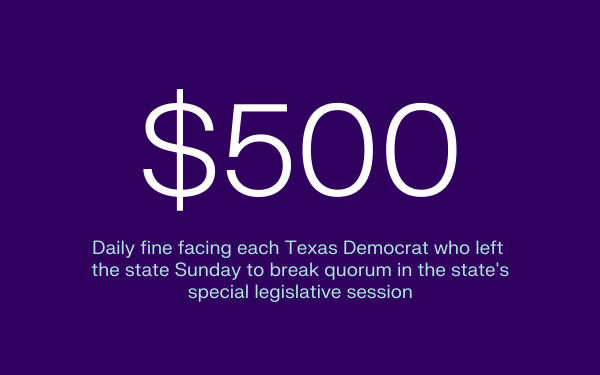The U.S. policy environment has entered a period of profound complexity, presenting new operational and reputational challenges for businesses. Organizations must navigate the immediate political pressures while preparing for long-term uncertainty:
Bipartisan approaches have lost ground. Traditional lobbying models built on bipartisan relationships are losing effectiveness. Polarization rewards ideological consistency over compromise, while widening federal-state divides force companies to manage conflicting requirements across jurisdictions.
Policy reversals complicate business planning. Frequent policy shifts between administrations create regulatory whiplash across sectors from energy to healthcare to technology. Courts provide less predictable interpretations of agency authority, further complicating long-term planning.
Information fragmentation increases communications risk. Stakeholders often operate from divergent sets of assumptions, making unified messaging difficult. Social media amplifies reputational risk, exposing corporate positions to immediate scrutiny—even on issues tangential to core operations.
Opportunity for a competitive advantage. Organizations that build agile government affairs capabilities can gain an edge. Localized engagement, proactive scenario planning, and maintaining relationships on both sides of the political divide enable companies to anticipate and adapt to rapid change.
Managing political risk systematically. Treating political risk with the same rigor as market or operational risk is critical. Developing resilient policy portfolios and internal capabilities for rapid regulatory assessment positions businesses to navigate uncertainty and outperform less-prepared competitors.
To learn more, reach out to FGS Global’s Alternative Futures team at AlternativeFutures@fgsglobal.com.



